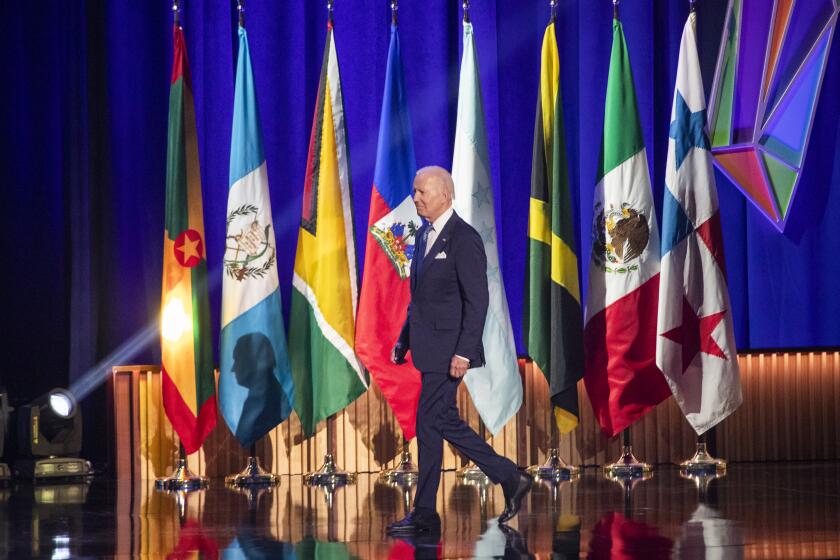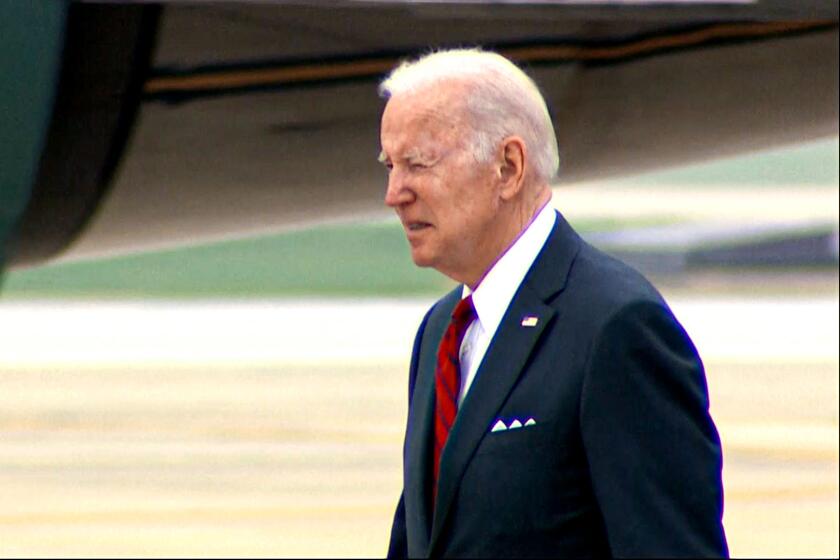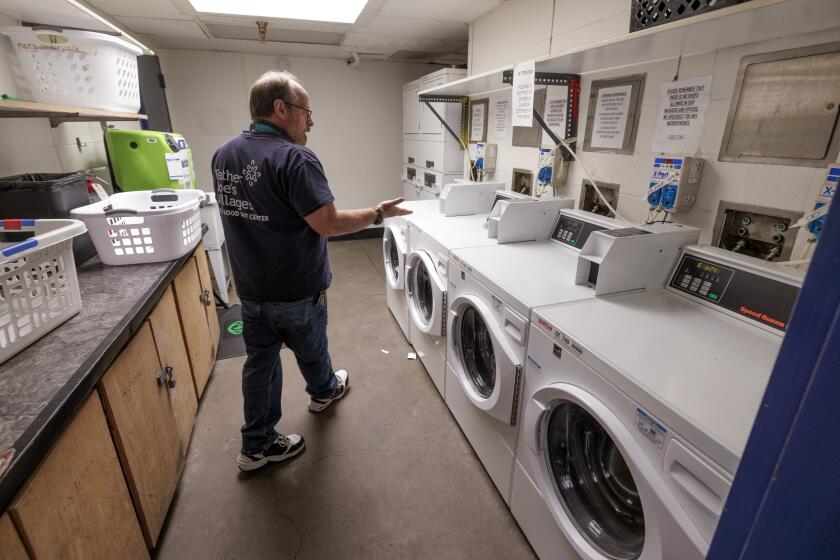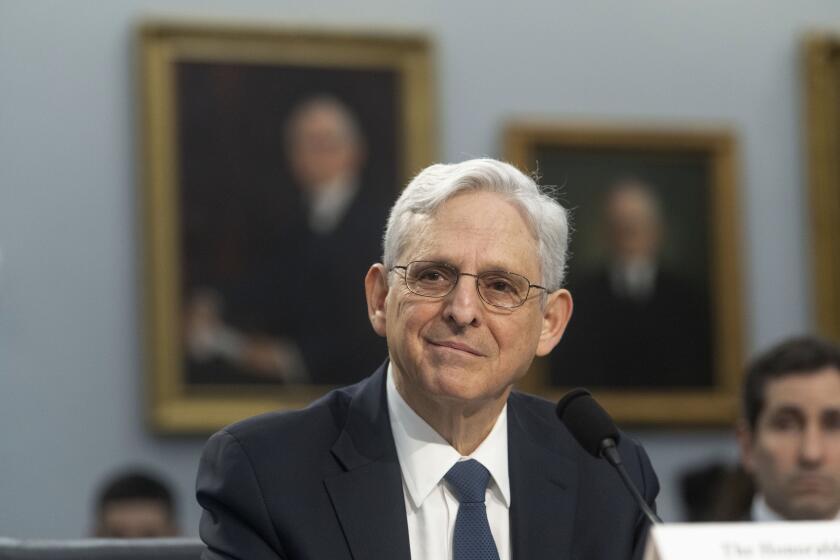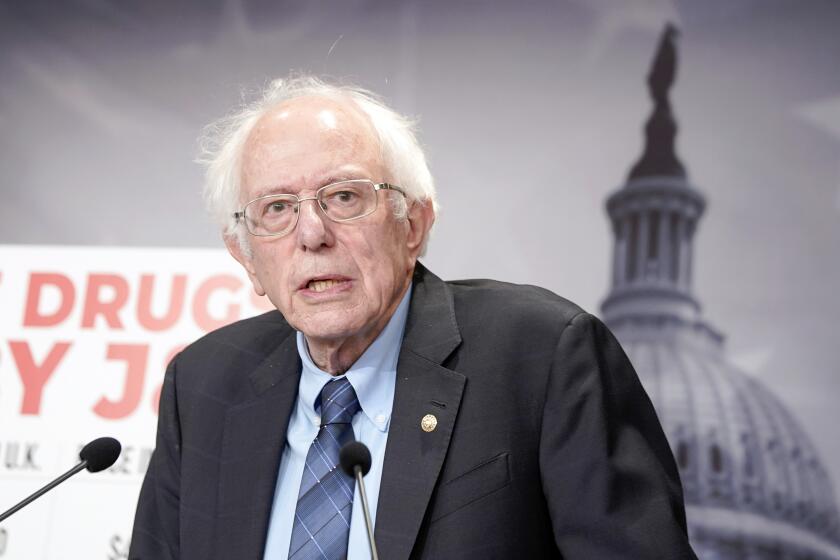Biden announces executive action on climate amid pressure to declare emergency
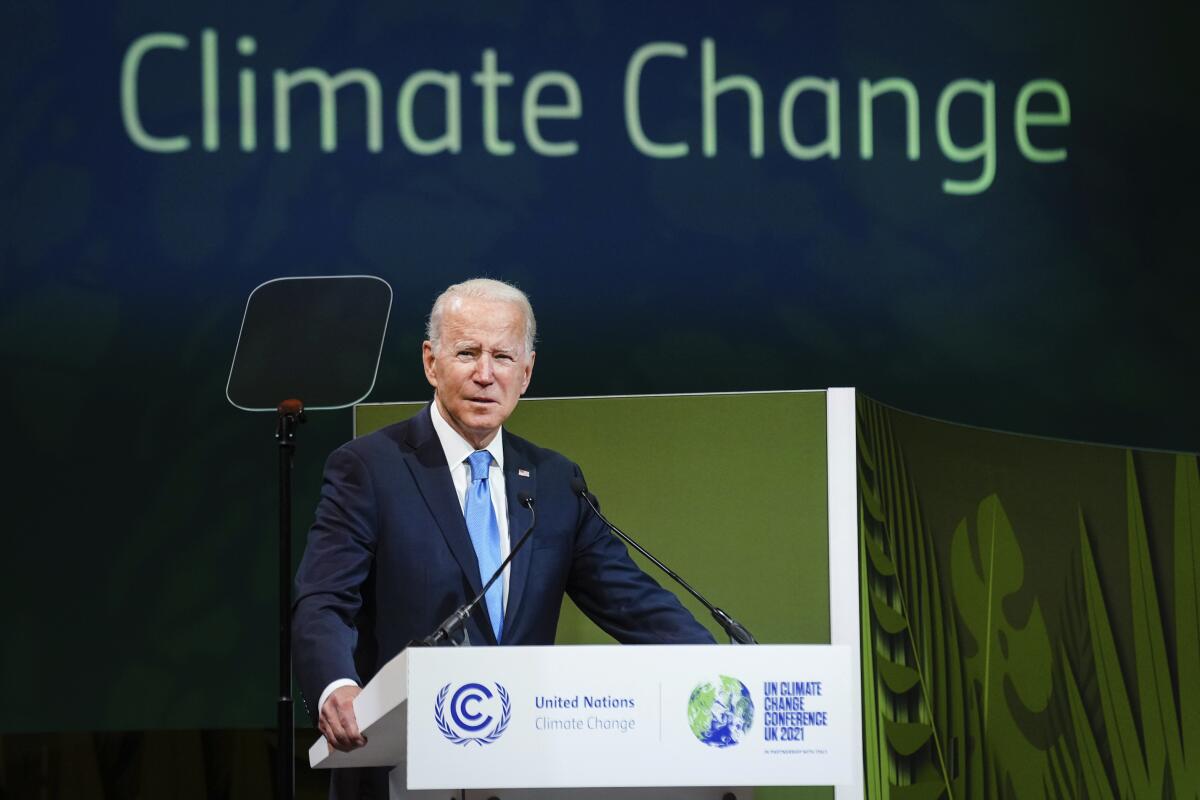
This is the first in a series of actions designed to bolster offshore wind energy programs and help communities adapt to extreme heat
President Biden announced new executive orders on Wednesday that are designed to bolster offshore wind energy programs and help communities adapt to extreme heat — the first in a series of actions he is expected to take to confront climate change.
The actions, which Biden laid out during a speech at a closed coal-fired plant in Somerset, Mass., that is in the process of being converted into a facility to promote offshore wind power, include $2.3 billion in resilience and infrastructure funding through the Federal Emergency Management Agency to help heat-ravaged communities grapple with record-setting temperatures
The funding will help states expand cooling centers for millions of Americans enduring scorching weather.
Biden’s push for billions in tax incentives to boost new energy development has been derailed in Congress for the second time in eight months, but in New England, he vowed to continue to use his executive authority to address climate change.
Declaring the crisis a “code red for humanity,” the president framed the “existential threat” of rising global temperatures in economic terms. “Our economy is at risk, so we have to act,” he said, noting the impact of extreme weather events on supply chains and the deadly effects of heat on vulnerable populations.
“It is literally, not figuratively, a clear and present danger,” he continued. “The health of our citizens and our communities is literally at stake.”
Biden said he also will direct the Department of Health and Human Services to issue guidance to help communities access $385 million in federal funding to buy efficient air-conditioning equipment, set up community cooling centers in schools and reduce other energy costs.
“When it comes to fighting climate change, I will not take no for an answer,” Biden said.
Large portions of the U.S. and Europe are battling crippling heat waves. The U.K. in recent days has set a slew of heat-related records, and wildfires are raging across Spain, France, Portugal and Greece.
Biden is expected to announce additional executive actions in the coming weeks as he faces mounting pressure to fulfill his pledge to cut U.S. greenhouse gas emissions by half of 2005 levels by 2030 and deliver on campaign climate promises ahead of November’s midterm elections.
But he’s so far stopped short of declaring a national climate emergency, a step progressives and environmental advocates have urged him to take after talks over a climate and drug-pricing package stalled in Congress last week.
Such an emergency decree would unlock federal funding and resources to strengthen renewable energy initiatives and restrict new federal oil drilling, advocates say.
White House Press Secretary Karine Kean-Pierre told reporters on Tuesday that Biden could still take such an action. “Again, everything is on the table,” she said. “It’s just not going to be this week on that decision.”
The White House continues to weigh using emergency powers and other executive orders as congressional negotiations proceed over a legislative package that had once included funding to combat climate change. Those provisions were jettisoned this week, however, after Sen. Joe Manchin (D-W.Va.) rejected including them in the spending plan. Manchin, who has repeatedly upended Biden’s domestic agenda, said he would oppose any legislative package that includes spending on climate or energy provisions, citing concerns over inflation.
In his remarks, Biden blamed Republicans and implied that Manchin ultimately torpedoed the climate provisions in a Democratic budget bill, which requires just 50 votes to pass. He noted that “not a single Republican in Congress stepped up to the plate” to support the measure.
McCarthy said the White House would continue to roll out climate-related orders over the next few weeks. Although it’s “disappointing that Congress couldn’t get over the finish line,” McCarthy said, “that in no way precludes the president from using the full range of his executive authorities to get us where we need to go.”
Biden has vowed to take “strong executive action” if the Senate refuses to pass legislation to tackle climate change and bolster clean energy efforts. But any unilateral action will be limited in scope after the Supreme Court sharply restricted the Environmental Protection Agency’s power to regulate carbon emissions last month.
Biden spoke at the Brayton Point Power Station, the former site of the largest coal-powered electricity plant in New England. The plant shuttered in 2017 and is being converted into a manufacturing facility for undersea transmission cables and other equipment used to tie offshore wind plants along the East Coast into New England’s electrical grid.
As a part of the first tranche of climate-related executive action, Biden will direct his Interior Department to advance wind energy development along the mid- and southern Atlantic Coast and Florida’s Gulf Cost, according to a senior administration official. The agency is also proposing the first Wind Energy Areas in the Gulf of Mexico, the official said.
The directive builds on last month’s White House launch of a formal partnership with 11 East Coast governors to boost the offshore wind industry.
Get Essential San Diego, weekday mornings
Get top headlines from the Union-Tribune in your inbox weekday mornings, including top news, local, sports, business, entertainment and opinion.
You may occasionally receive promotional content from the San Diego Union-Tribune.




